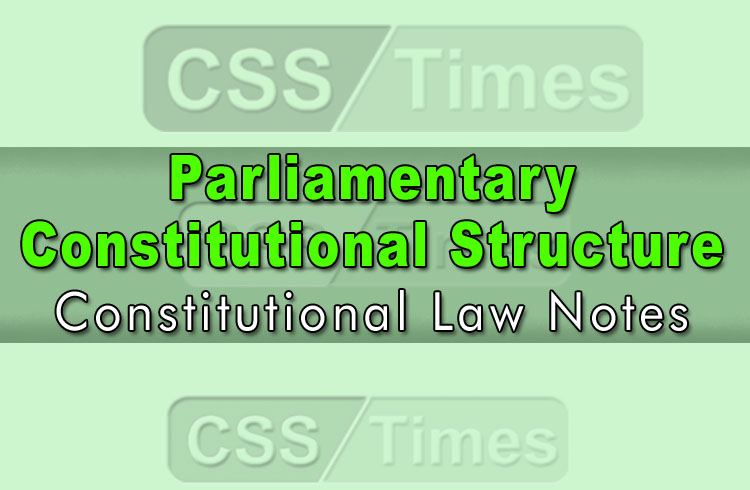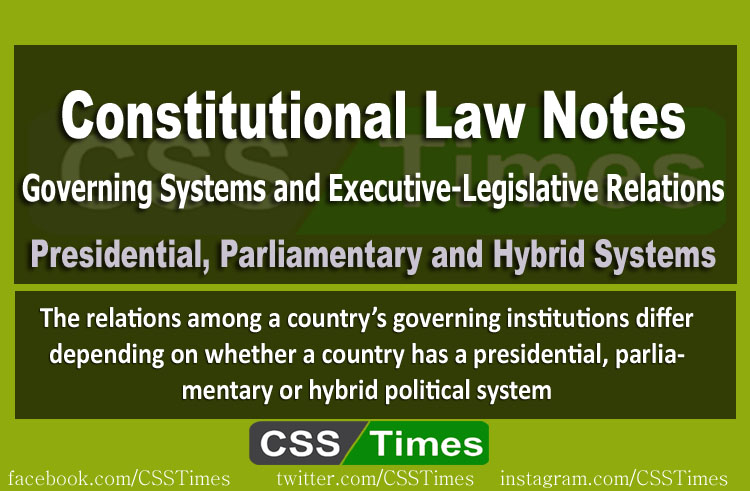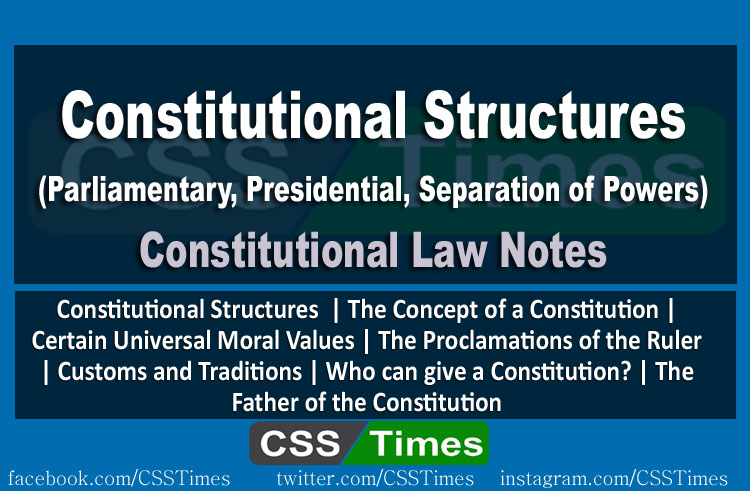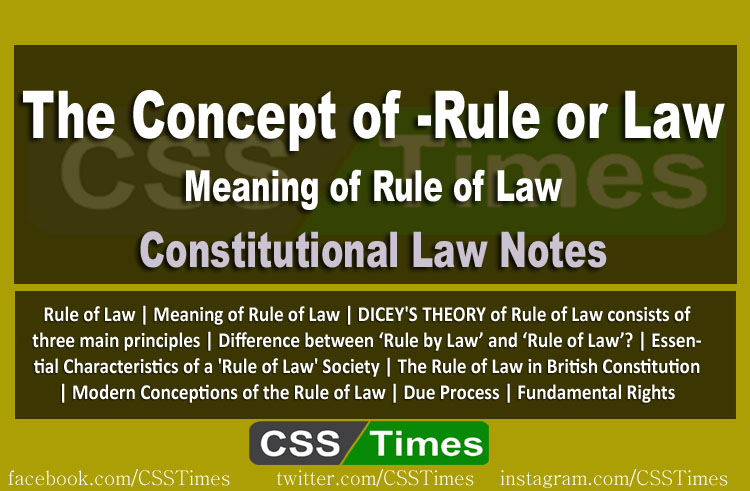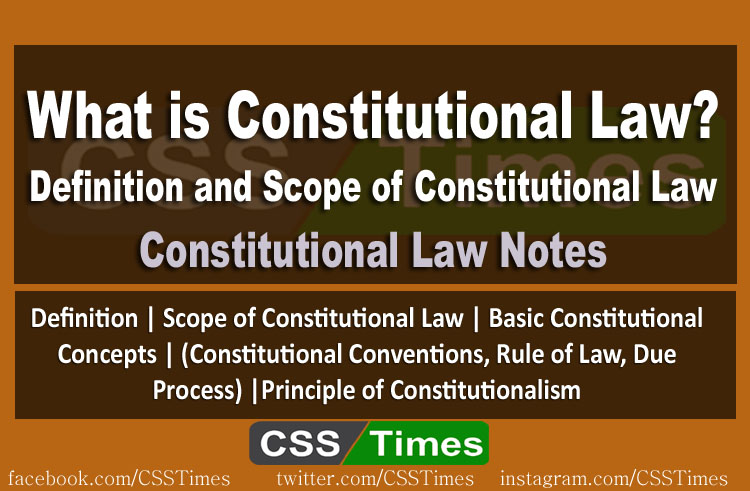Parliamentary – Constitutional Structure
CSS Constitutional Law Notes
The modern concept of prime ministerial government originated in the Kingdom of Great Britain (1707–1800) and its contemporary, the Parliamentary System in Sweden (1721–1772)
In a parliamentary system, by contrast, the legislature holds supreme power. The prime minister is chosen by members of the legislature (Parliament) from among their own number and in practice is the leader of the majority party in the legislature. The cabinet members must also belong to the legislature, where they are subject to the same kind of questioning that the prime minister experiences. If the prime minister loses the support of the majority in the legislature on a significant vote, he or she must resign, and elections are called immediately. Thus, whereas in the United States, elections are held at fixed intervals, in Britain and other parliamentary countries, they may occur at any time, the only restriction being (in Britain) that they must be held at least once every five years.
This form of government exists in countries like Britain, Pakistan, India and Canada. The Features of Parliamentary Form of Government has been discussed below:
